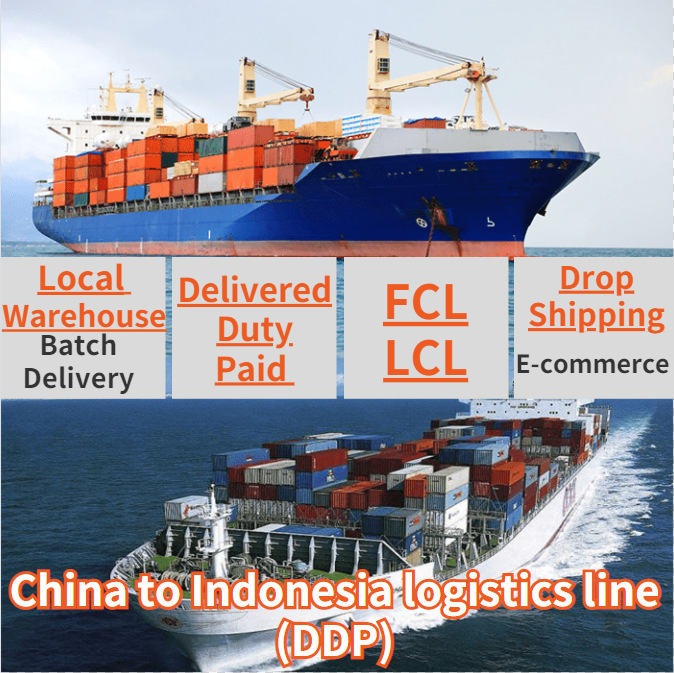In the Southeast Asian market, the economic development level of Indonesia is far ahead of the countries of Southeast Asia, and it is the main economy in Southeast Asia. Its population is also the fourth most populous country in the world after China, India and the United States.
Indonesia has a good economy and a large population, and the consumer market also has huge potential.
In Indonesia, ordinary goods, such as clothing textiles, metal products, rubber products, paper products, etc. are sensitive goods, and customs clearance requires relevant quota qualifications.
Although many companies want to enter the Indonesian market, Indonesia’s customs clearance is also notoriously difficult in the industry, especially the “red light period” in Indonesia, which makes the original customs clearance more difficult. Let’s see the three periods of customs clearance in Indonesia.
● Green light period: As long as the documents are complete, the goods can be cleared quickly and wait for delivery; the delivery time is 2-3 working days. (The annual green light period is relatively short)
● Yellow light period: On the basis of the documents in the green light period, some additional documents need to be provided. The inspection speed is slow, and the container may incur storage costs, with an average of 5-7 working days. (The normal yellow light period will last for a relatively long time)
● Red light period: The customs require physical inspection, and the inspection rate is extremely high for those new importers with customs clearance documents are incomplete and high-risk goods or countries. An average of 7-14 working days, may need to be re-imported, or even customs clearance. (Usually December at the end of the year to March at the beginning of the year)
What circumstances will there be strict customs inspections in Indonesia?
● Indonesian government policy
For example, adjust customs taxes to increase the country’s tax revenue while protecting the local economy.
● The senior personnel change of Indonesian customs
Declare sovereignty and compete for related interests through this strict investigation method.
● Trade economy
Set corresponding non-tariff thresholds for the import and export of certain categories of goods to regulate the trade economy.
● The better opportunities for domestic companies
Through strict inspection of imported goods, we will create advantages for domestic independent products, so as to create a better development environment for domestic economic growth.
Post time: Dec-05-2022


